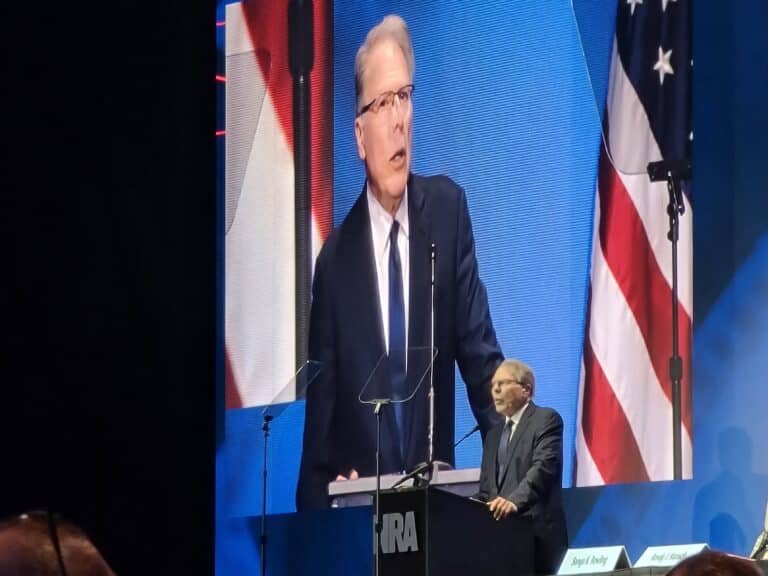
Analysis: The NRA’s Internal Fight is Over. Wayne LaPierre Won. [Member Exclusive]
A crowd of NRA members rose to their feet and cheered Wayne LaPierre on Saturday as he finished delivering his speech in an Indianapolis conference hall.

A crowd of NRA members rose to their feet and cheered Wayne LaPierre on Saturday as he finished delivering his speech in an Indianapolis conference hall.
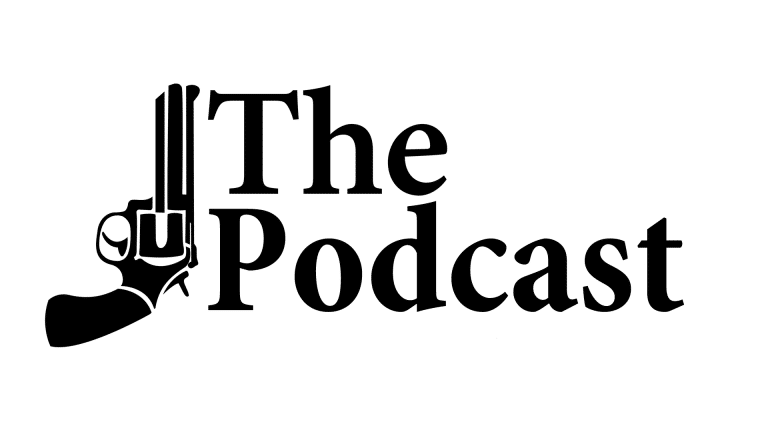
Plus, Contributing Writer Jake Fogleman and I discuss what Colorado’s failure to pass an “assault weapons” ban means for the policy’s recent momentum.

Plus, Frank Tait joins the podcast to talk about his time on the NRA board and whether he thinks internal reforms are still possible.

Plus, The Violence Project’s James Densley joins the podcast to discuss trends in mass shootings and possible solutions to the problem.
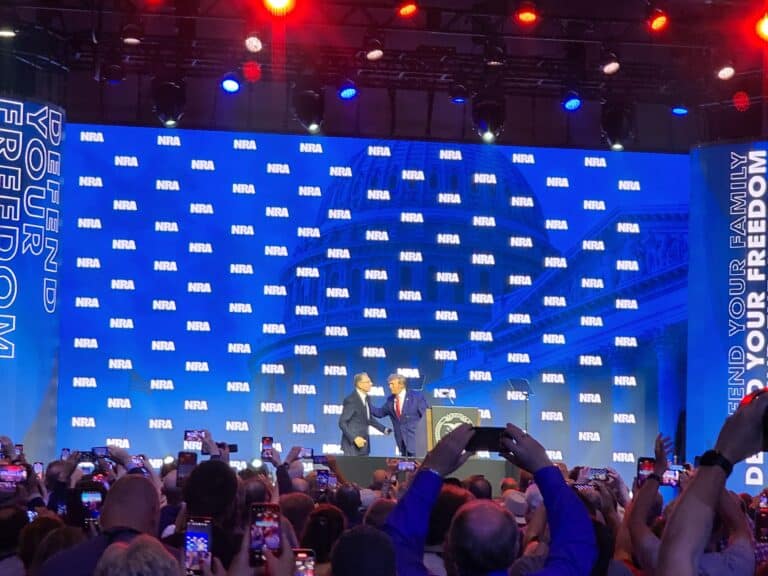
Former president Donald Trump (R.) spoke to the NRA in Indianapolis, Indiana on Friday, four years after the group’s last gathering down the road from the country’s most famous speedway. Both have suffered significant setbacks since the 2019 Annual Meeting, but both appear to be–at least momentarily–resurgent at this year’s event.

The beginning of the week featured another horrible mass shooting in America. This time at a bank in Louisville, Kentucky. That’s why I wanted to bring on one of the leading experts currently studying mass shootings. Metro State University Professor James Densley is one of the co-founders of The Violence Project, which has the most detailed and comprehensive database of mass shootings dating back to 1966. He is also the co-author of the book by the same name that outlines potential real-world solutions to the phenomenon. Professor Densley explained why he believes the count they use, which only includes public attacks where four or more people are killed for reasons unrelated to other criminal conduct, gives the most accurate understanding of mass shootings. He said it’s important to properly define terms when you’re attempting to seriously study a problem and identify trends so you can craft solutions. He laid out some of the common patterns seen in the lives of mass shooters before they carry out their attacks. For instance, he said most shooters have a long history of abuse and trauma before they decide to do the unthinkable. And the shootings almost always follow an inciting incident that sends the shooter into a crisis state. Densley argued that a potential attacker could be “off-ramped” at any point along that path, whether it’s after they first experience abuse or after they begin experiencing an inciting crisis. What’s necessary is for those who recognize the warning signs to step in and do something to help. And that resources to help are made available and known to those looking to carry out that kind of intervention. But those aren’t the only interventions Densley believes are necessary. He said firearms restrictions of some kind should be part of the equation as well, especially for those showing warning signs they may be a threat to themselves or others. We go back and forth on why gun-rights advocates and gun owners are not as open to those ideas as Densley would like them to be. Ultimately, Densley said he believes mass shootings are not an inevitability and can be prevented through action on the individual and societal level–even if not everyone agrees on every aspect of the solutions he proposes. Plus, Contributing Writer Jake Fogleman and I discuss a new win in court for marijuana users who want to own guns. You can listen to the show on your favorite podcasting app or by clicking here. Video of the episode is also available on our YouTube channel. As always, Reload Members get access on Sunday. Everyone else will be able to listen on Monday.

Plus, The Violence Project’s James Densley joins the podcast to explain trends in mass shootings and potential solutions.
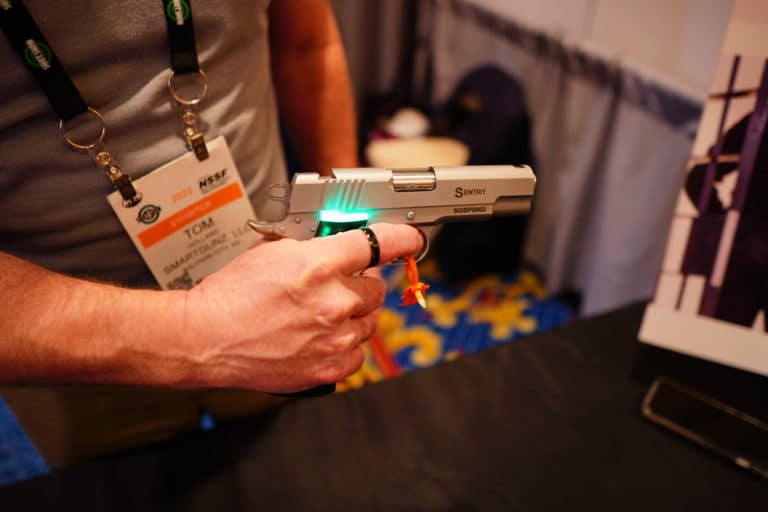
The week saw another entrant in the race to bring a so-called smart gun to market.

Plus, Contributing Writer Jake Fogleman and I take questions from Reload Members on this week’s episode of the podcast.
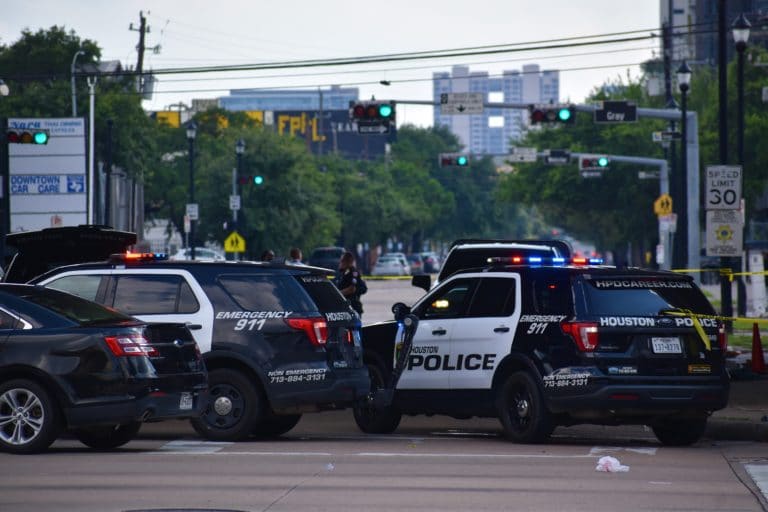
Depending on what count you look at, Monday’s attack on a Louisville bank was either the 146th, 15th, or 4th mass shooting of 2023.

Get the most important gun news